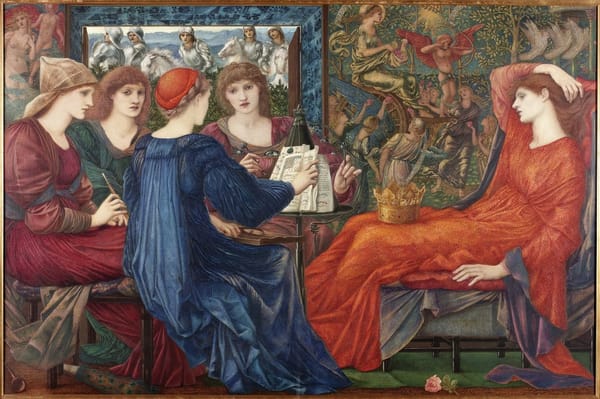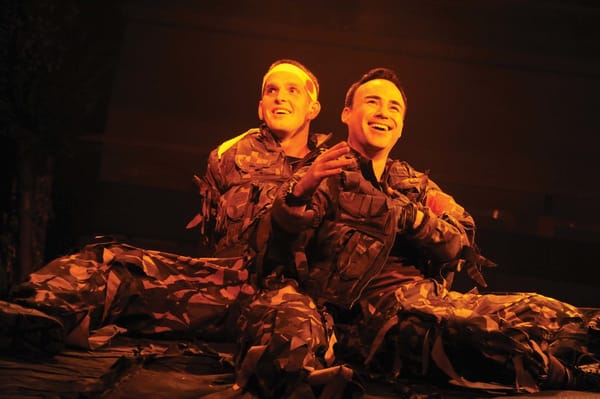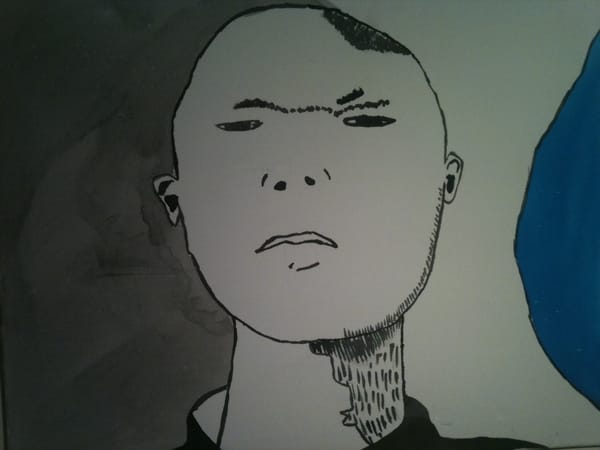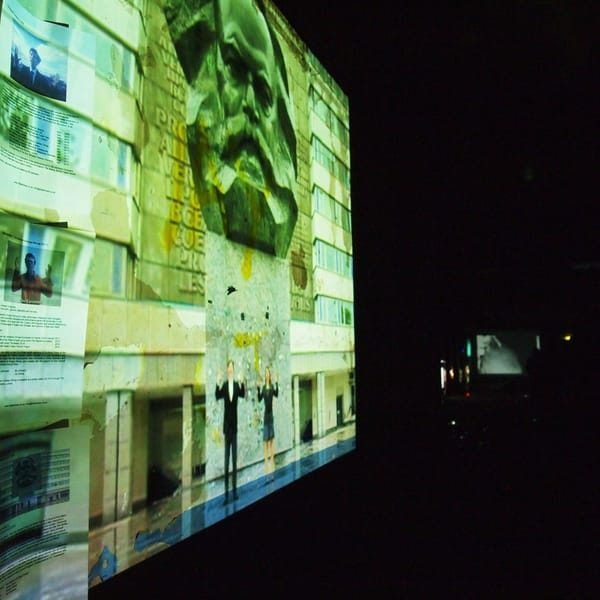Battle star Galactia
Scenes from an Execution, a play originally written for the radio in the 1980s is staged by the National Theatre
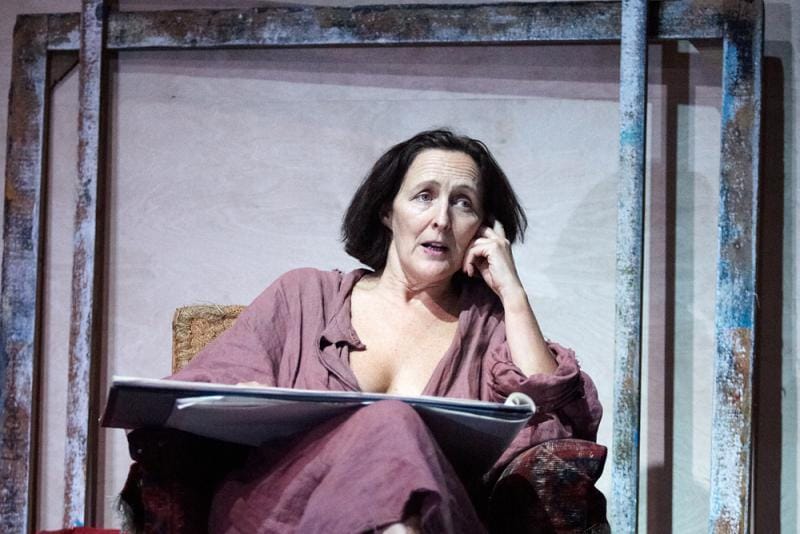
In 16th century Venice, female artist Galactia is commissioned by the state to paint a wall-sized canvas to commemorate the victory of the Battle of Lepanto. This initiates the events in Scenes from an Execution, a play originally written for the radio in the 1980s but now produced for the stage by the National Theatre.
Being a woman in a politically male-dominated climate, Galactia’s desire for self-expression crashes headfirst into the requests of the art-obsessed Doge, the representative of the state involved in the project.
Fiona Shaw, also known as Petunia Dursley, does a great job in filling the whole room with Galactia’s presence and, occasionally, her frustrated madness. Her character reminds one of an Emin-like figure – allowing for an identification with “the artist” – even though most people probably don’t know whether or not Tracy Emin is anything like Galactia.
As the only female character not covered from neck to toe, her nonchalant liberalness contrasts with the contrived nature of the masculine powers, echoed by the sharp-suited, grey-haired and square-spectacled narrator who introduces the play floating, deity-like, in his square box. So powerful is he, that he freezes time, weaving in and out unnoticed, describing each of Galactia’s scenes as ones from a sketchbook of her own execution. This creates an obvious cliché: as she defies the state in painting execution in battle as it is – blood and gore with no glorification – it is for her that the gallows begin to loom.
The dealing of gender roles in the play is not overly original. The artist is described as promiscuous for having had children with several men including a younger, married lover. One of her daughters is accused of being a prostitute for dressing in colour while the other, dressed solely in black, asks her mother to please the state in a bid to increase the reputation of female artists. Of course, Galactia refuses, and she is only spared from life-long imprisonment when a female critic patronisingly dresses up the meaning behind her work as one to be interpreted in an ironic fashion.
Despite this, it is good that the play is not one to lecture about morality and the values of feminism. Empathy is not exactly the strongest feeling produced for the character and fate of Galactia, as there is sense to what those advising her say (even if they might say it in a somewhat sexist way), thereby creating an engaging level of tension throughout. Although by no means perfect, Scenes from an Execution has been excellently staged and its themes have the ability to grip the audience and instigate reflection over the events occurring on stage. At the National Theatre until December 9th.


